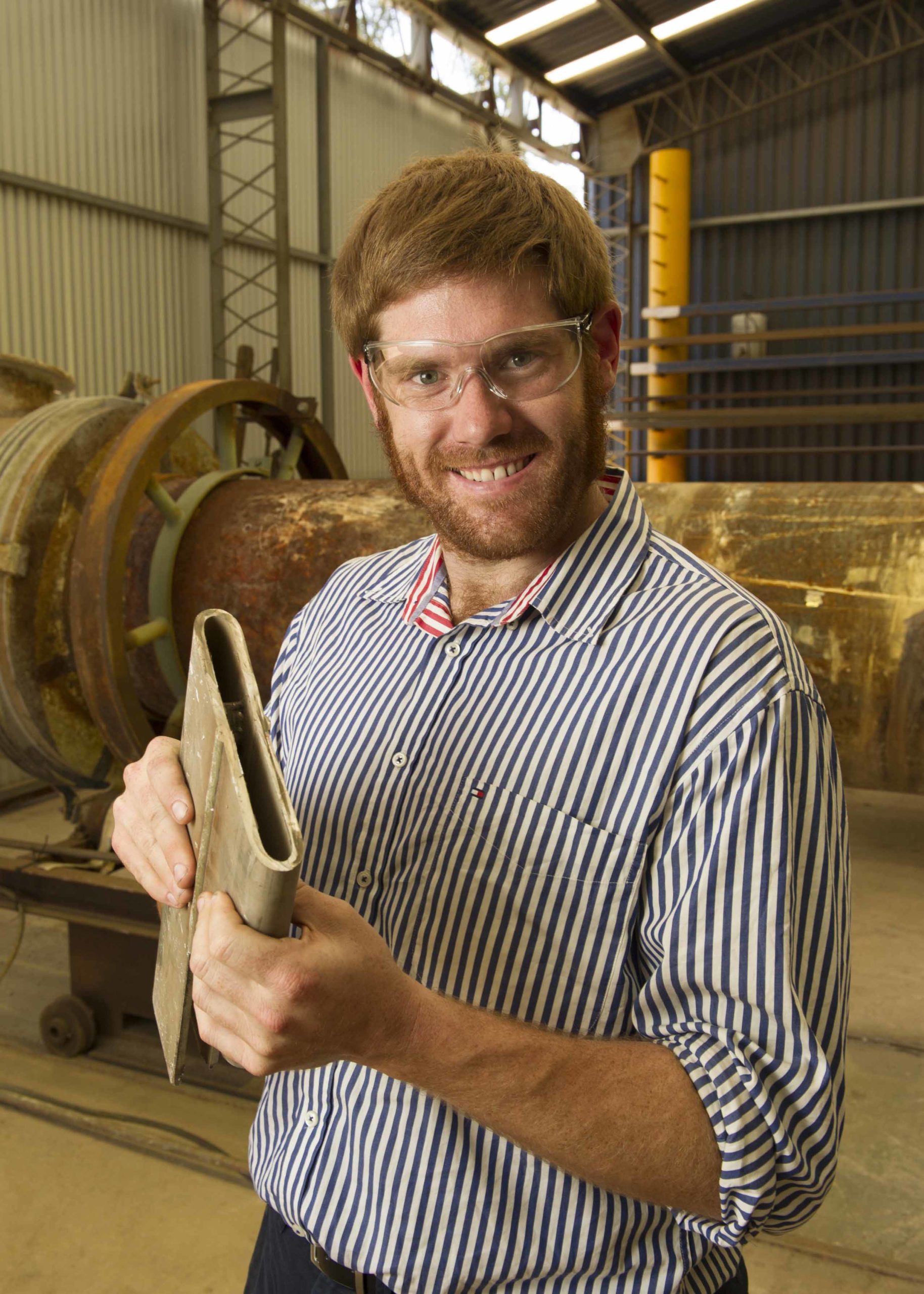Institution: University of Adelaide
Course: Master of Business Administration
The ILF is special. It has a clear purpose and direction. And like so many scholars I am indebted to the founding executives for the opportunity to receive a grant in support of this vision. I can still remember (many years later!) my interview, copping questions from some strong personalities and defending my perspective and opinions. Thankfully, I must have done a good job, and was awarded a grant in 2013.
I studied a Masters of Business Administration through the University of Adelaide, to round out my technical skills with a managerial balance. This was a good fit for me as a technical-heavy engineer wanting to broaden my skills. I certainly share the goals of the ILF (private industry driving economic growth, courageous management, a ‘head-office’ mentality, and upskilling). I took my time completing this course (I wouldn’t say dragging my feet!), wanting to apply the lessons in my role as I learned them. This approach worked well to implement and play around with leadership in a live sense, beyond the classroom.
Through this course I was able to network extensively within my cohort. This network has gone on to serve me well through my career, building on these connections and keeping abreast of developments within the state. The MBA fulfilled the goal of topping up my generalist business skills. Coming from a numbers-heavy engineering background, I particularly excelled in accounting and finance, receiving the prize for top student in Managerial Finance.
This course culminated in a capstone project, through which I was well-supported by Ross Bensley and David Pender. I must also thank the many South Australian businesses who lent their time generously to contribute to interviews and surveys. My topic for this was “An assessment of the leadership effectiveness of SA SME manufacturers in the context of Industry 4.0”. There was a clear gap between those who are doing this well and poorly, and through this research, I homed in on leadership as the driver of this. This aligns with the thinking of the ILF; better leadership will result in business success.
Beyond the academic course, I have received enormous benefit from the Industry Leaders Fund Scholars’ Network. The training (both formal and informal) has been absolutely top class; above even taught at Universities. I feel this is due to the applicability of it, in support of the ILF’s stated goals and ambitions. The network is exemplary as a group of leaders in business in South Australia. I count myself extremely privileged to be part of this. The mentoring I received through this encouraged me to make jumps and try things that I never would have had the confidence to without it. Every time I attend an ILF Scholars meetup, I am invigorated, hearing what people are doing in our state.
My sincere thanks to the ILF founders, my interview panel and most of all, my first engineering boss – Stephen Richter, who encouraged and supported me through this.

